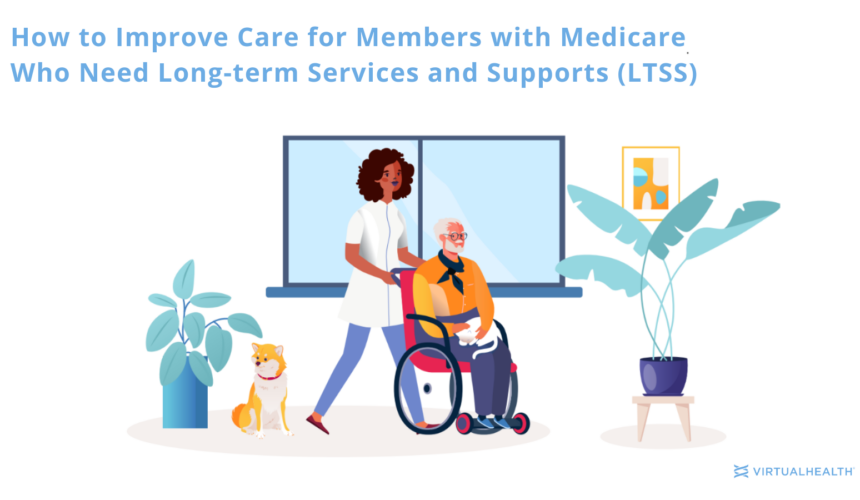This is the first article in a six-part series exploring ways to improve the delivery of whole-person, value-based care to Medicare and Medicare Advantage populations. Here, we dive into our first area of focus: ensuring optimal care for members who need long-term services and supports (LTSS), for which Medicare does not provide comprehensive coverage. You can also download our white paper Effectively Managing Medicare Populations: 6 Focus Care Areas to get more information and insights. A significant percentage of members with Medicare over age 65 will likely need some level of LTSS care at some point. This may include activities of daily...

How to Use HELIOS to Drive Higher Star Quality Ratings
Every year the Centers for Medicare & Medicaid Services (CMS) releases the Star Ratings for Medicare Advantage plans. The Medicare Star Rating System was developed to help Medicare consumers compare Medicare Advantage plans based on quality and performance. Star ratings are determined from a set of quality performance ratings developed by the National Committee for Quality Assurance (NCQA) and CMS. Medicare Advantage plans are rated on how well they perform in 5 categories based on the five-star rating scale, with five being the highest score. Plans are given an overall rating based on their performance in five categories. Staying healthy (screenings,...

How to Address Behavioral and Mental Health in a Whole-Person Care Approach
Behavioral health and mental health conditions are highly prevalent across generations. About 11% of adults and 3% of youth had alcohol use disorder and 21% of U.S. adults had a mental health condition such as depression, anxiety, or schizophrenia a 2020 National Survey on Drug Use and Health found. More recently the U.S. Department of Health and Human Services found that 1 in 20 Americans live with a serious mental illness (bipolar disorder, major depression, etc.). Behavioral and mental health are critical aspects of whole-person care. Behavioral health relates to the specific actions a person takes surrounding their health. Mental...
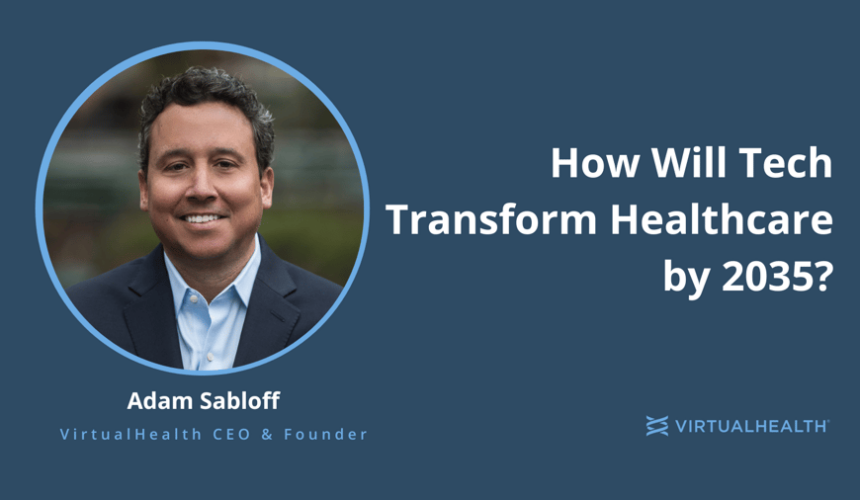
How Will Tech Transform Healthcare by 2035?
Four ways technology supported by artificial intelligence (AI) and the internet of things (IoT) is creating a connected, consumer-driven health industry that enables greater health equity and overall care Sustainability. Transparency. A paradigm shift from reactive acute care to proactive preventive care. These goals are driving big changes in the healthcare industry. They’re part of what drive us at VirtualHealth. Thanks to an evolving health technology landscape and accomplishments in the AI and IoT fields, we’re poised to make significant progress on them – and effect transformative benefits for patients, providers, and payers. H2: Key Benefits of a Transformed Healthcare...

5 Strategies to Effectively Manage Medicaid Populations
As of May 2022, nearly 89,000,000 people were enrolled in Medicaid and the Children’s Health Insurance Program (CHIP), according to government data. To effectively manage care for these populations, payers and providers must do the following: Streamline delivery of preventive, holistic care Broaden access to resources for enrollees Boost patient/member engagement Improve coordination of care Knowing where to start executing or improving upon these initiatives can be the hardest part. Fortunately, data points to five critical areas to address for Medicaid populations. Pediatric health Access to food Behavioral health Telehealth access Hospital readmissions In this blog, we look at important...

How Can Virtual Visits Address SDOH and Improve Member Outcomes?
Virtual visits and telehealth solutions are here to stay. COVID-19 may have fast-tracked telemedicine (March 2020 saw a 154% increase in telehealth visits as compared to March 2019.), but in fact, the evolution of virtual care has only just begun. 38% of patients have received care via virtual visits in 2022 research shows 76% of patients who had a telehealth visitwould prefer to continue using telehealth in the future And that’s a good thing – for payers, healthcare providers, and patients. Why? Because in addition to the obvious benefits of convenience and cost, virtual health visits can help providers and payers better address health inequities by...
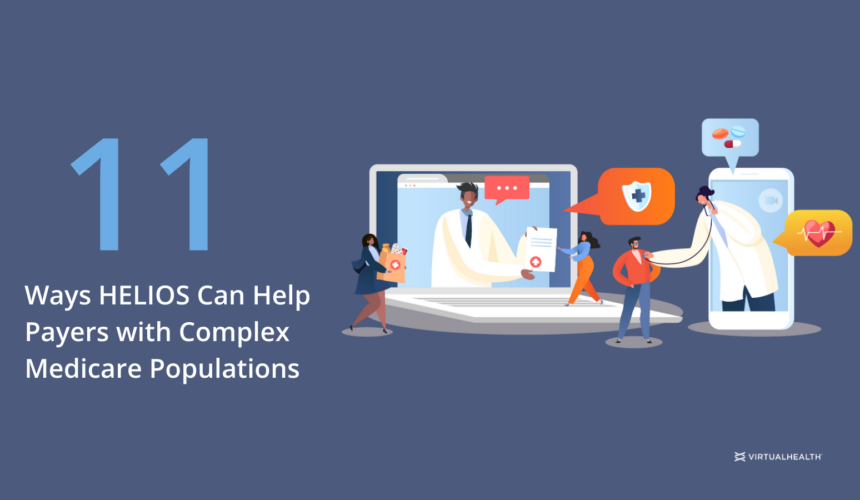
11 Ways HELIOS Can Help Payers with Complex Medicare Populations
Improving health outcomes and reducing costs of care for Medicare populations may seem like an overwhelming challenge with chronic conditions costing billions each year. After all, these populations are typically older, and with age comes the onset of some of the most common (and expensive to manage) chronic conditions, such as cardiovascular disease, heart failure, hypertension, diabetes, osteoarthritis, and Alzheimer’s disease. The high cost to manage these patients is very much on CMS’ radar, however, and has prompted CMS and many Medicare plans to adopt value-based care models that focus on preventive care and reducing the associated issues related to chronic conditions...
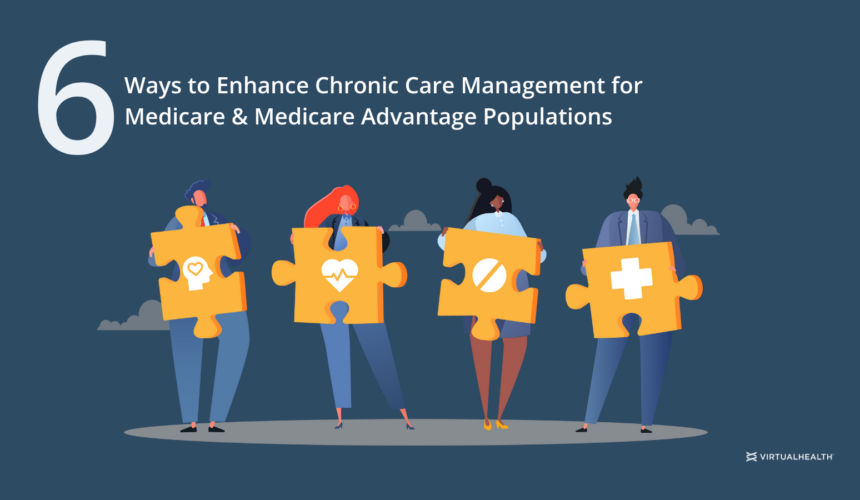
6 Ways to Enhance Chronic Care Management for Medicare & Medicare Advantage Populations
Improve Health Outcomes, Drive Member Engagement, and Reduce Costs Complex and chronic conditions are commonplace among Medicare populations, and one of the most expensive drivers of healthcare spending. In 2017, an estimated 66 percent of all non-dual-eligible Medicare beneficiaries were living with two or more chronic conditions. In 2020, data from the Chronic Conditions Data Warehouse (CCW) found that 31,860,990 Medicare beneficiaries had a chronic condition. Annually, chronic conditions are multibillion-dollar expenditures. For example, in 2017, heart disease and strokes cost the U.S. $363 billion per year, diabetes: $327 billion, and arthritis: $304 billion. Each was split between direct medical costs...
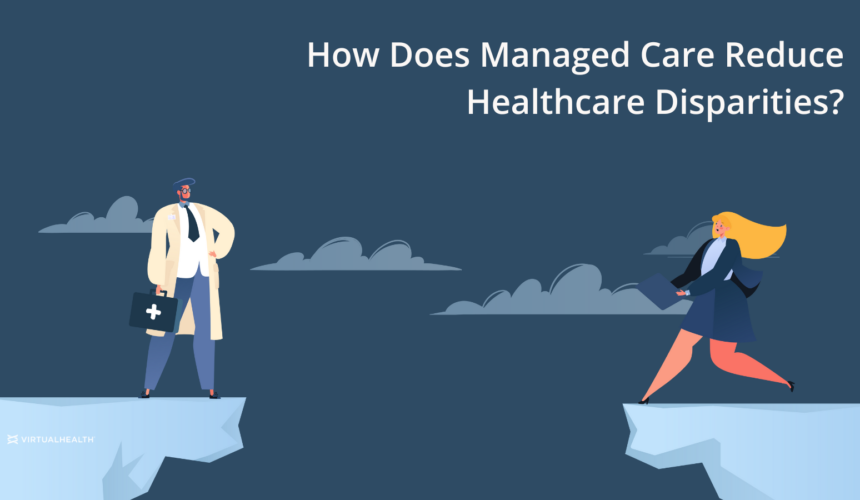
How Does Managed Care Reduce Healthcare Disparities?
Over the past few decades, health programs such as Medicare and Medicaid have increasingly turned their attention to solving the social and economic inequalities that contribute to health disparities. As they continue to strategize on the best ways to address health disparities, many plans and states are gradually shifting to managed care models in response. Ahead, we break down the challenges surrounding health disparities and care inequities and look at the ways managed care can help alleviate both issues and provide greater health equity for all. Key takeaways will include: Social and economic inequalities lead to health disparities that result...
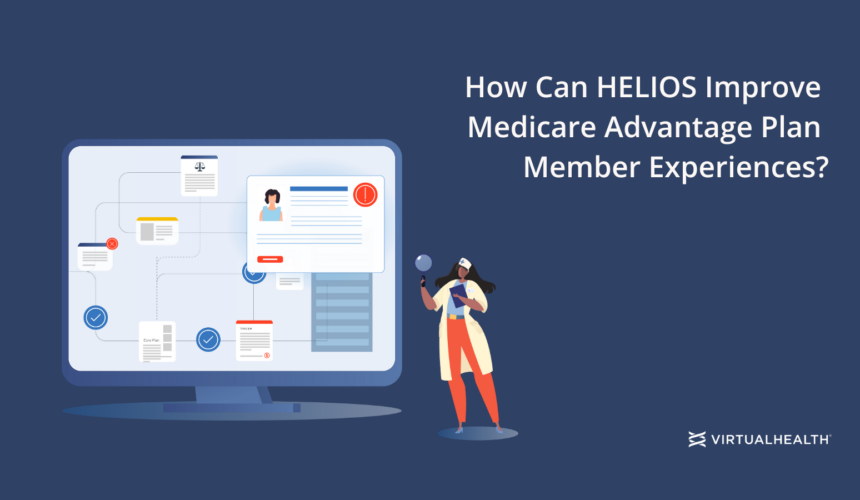
How Can HELIOS Improve Medicare Advantage Plan Member Experiences?
Medicare Advantage (MA) plans have fully embraced whole-person, integrated care and are designed to provide members with much more than traditional clinical healthcare. Many provide additional value-added benefits and services such as dental, vision and hearing coverage, wellness rewards, and transportation to medical appointments. From traditional Medicare Advantage plans to Medicare Advantage plans with prescription drug coverage (MAPD), to those that are specifically set up for dual-eligible individuals or persons with specific healthcare and/or financial needs (i.e., Dual Special Needs Plans or Chronic Care Special Needs Plans). All Medicare Advantage plans seek to provide a comprehensive suite of healthcare services...


